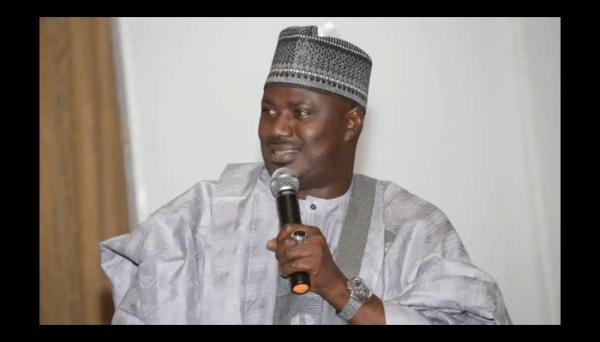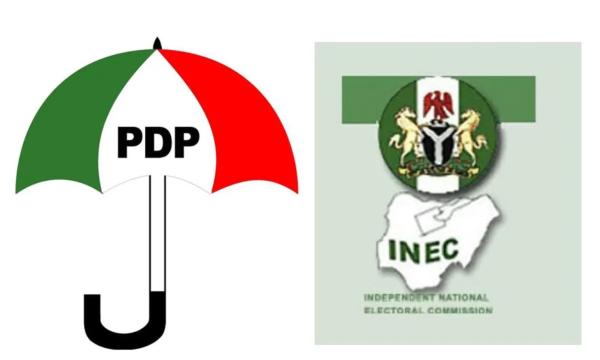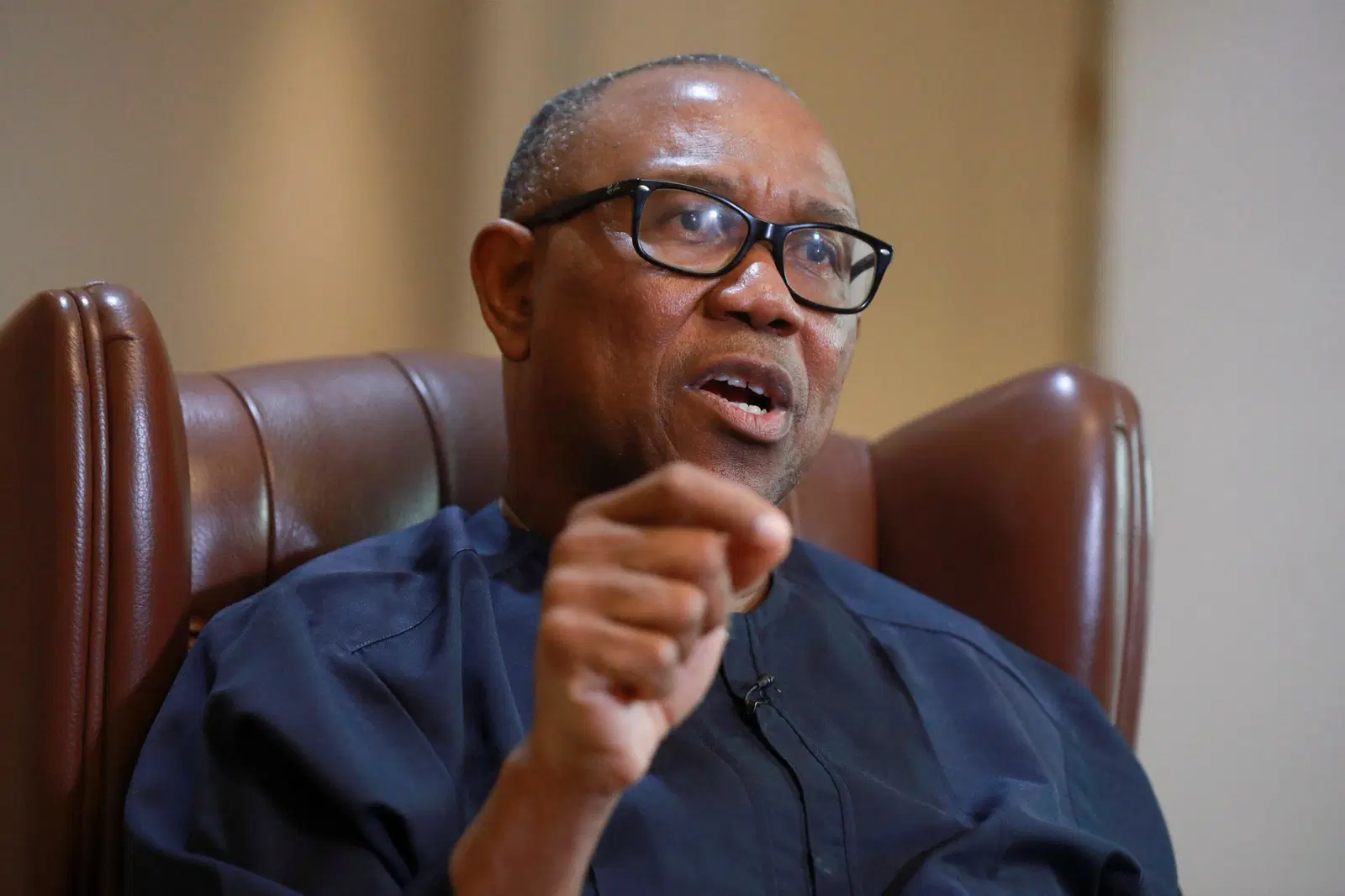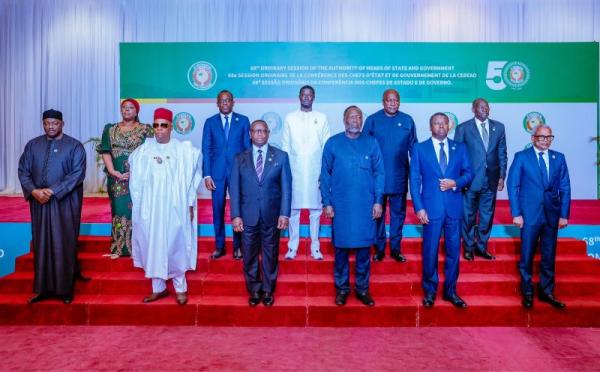
In a compelling keynote address at the “Renewed Hope Cooperative Reform” National Training Workshop, Senator Dr. Aliyu Sabi Abdullahi, the Honorable Minister of State for Agriculture and Food Security emphasized the pivotal role of cooperation in fulfilling Nigeria's national goals. Speaking to a gathered audience of cooperative leaders and stakeholders, he stated, “Mr. President's Renewed Hope Agenda for the sub-sector focuses on enhancing food security, creating jobs, and improving social and economic development through cooperative societies, ultimately bringing prosperity to all.”
Senator Abdullahi articulated the profound global relevance of cooperatives, calling them a “tested and proven way of doing business that fosters community development.” He elaborated, “The Cooperative Business Model is a viable alternative to traditional business models that primarily seek to maximize profit for investors. This distinction is crucial as we seek to create a more equitable economic landscape.”
Highlighting the findings of the Cooperative Rating and Award Society of Nigeria (CRASoN) CoopCOUNT Survey conducted in 2021, Senator Abdullahi revealed alarming statistics regarding the dormant state of many cooperative societies. “While there are over 370,000 registered cooperatives in Nigeria, only a few active ones boast a collective membership exceeding 21 million. These active cooperatives have mobilized over a trillion naira in share capital and savings, significantly contributing to Nigeria's economy,” he noted, urging stakeholders to take action to revitalize the cooperative movement.
Announcing several initiatives aimed at reforming the sector, he explained, “We plan to implement a technology-enabled cooperative registration and supervision process, along with the establishment of a comprehensive big data collection system to address existing data challenges." He also shared ambitious plans to review the Nigerian Cooperative Societies Act N98 LFN 2004 and launch a new national policy for cooperative development. This policy aims to pave the way for the establishment of a bank for cooperative societies that will be owned and governed by the cooperators themselves.
Discussing the international context, Senator Abdullahi pointed out that the International Cooperative Alliance (ICA) stands as the largest NGO by membership, with over 1 billion individual members across 3 million cooperatives in its 315 member federations and organizations in 107 countries. “The top 300 largest cooperatives generate a combined turnover exceeding 2.4 trillion US dollars—almost the size of Italy,” he emphasized, illustrating the vast potential of the cooperative model for economic empowerment on a global scale.
Bringing the focus back home, he reflected on the historical impact of cooperatives in Nigeria, stating, “Since the inception of formal cooperatives with the promulgation of the cooperative ordinance by the colonial administration in 1935, the cooperative movement has made several landmark contributions to various sectors of the national economy—including agriculture, banking & finance, insurance, housing, health, education, consumer goods, transport, trade, and investments.”
However, he lamented, “In the last three decades, cooperatives in Nigeria have not received the necessary attention they deserve.” The time for change is now, he asserted, urging all stakeholders present to embrace the reform initiatives and leverage the cooperative model to reinvigorate the nation’s economy.
Senator Abdullahi’s address not only galvanized the audience but also highlighted the immense potential embedded in Nigeria's cooperative sector. As he concluded his speech, he inspired hope and a collective sense of urgency among participants, setting the stage for a renewed commitment to cooperative development in Nigeria. With empowered cooperatives, the dream of a prosperous and self-sustaining economy could finally become a reality.






















